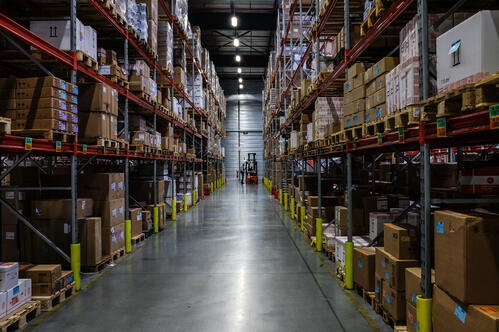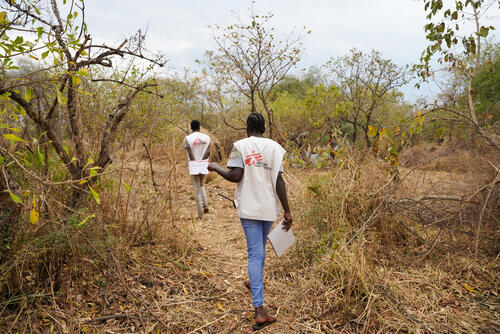Discover all our latest news, stories and publications. Use the filter to get to the content you're looking for.

HIV does not mean a death sentence

The dilemma of HIV pediatrics

This HIV-positive girl is lucky. 99% of Mozambican children get no treatment

Children under two and AIDS

Fighting leads to renewed displacement in Katanga province, DRC

Increased insecurity for both civilians and aid workers threatens humanitarian assistance

Goods distribution in Pakistan quake region

Risk of a second wave of mortality in Pakistan

Safdar Chok becomes first 'health-care village' in the heart of Pakistan earthquake region

MSF worried about the security situation in Equatoria

MSF finds catastrophic health situation in the DRC, in spite of political transition

Multidrug-resistant tuberculosis: no tools to properly treat people

'We will continue to struggle with enormous challenges'

Kala azar complicates HIV/AIDS treatment in Humera

Security concerns in northern Uganda

MSF hands over Ukraine HIV/Aids programme

After six years, MSF hands over its HIV/Aids programme

Work to treat polluted waters after Hurricane Stan

MSF urges WTO to re-think access to life-saving drugs now

MSF team of three intervenes after ethnic clashes in Assam

Mental health support to Asian quake survivors: 'People haven't fully grasped the full impact of it.'

In the aftermath of Hurricane Stan, a village has become cemetery

Hurricane Stan leaves long term water problems for affected villages in Guatemala

Asia earthquake: 'We are treating everything that you could possibly treat under these conditions'

How we deliver medical humanitarian assistance
Everywhere we work, the circumstances are unique. Nonetheless, our programmes generally follow a common set of practices designed to make sure our resources and expertise are used to maximum effect.




